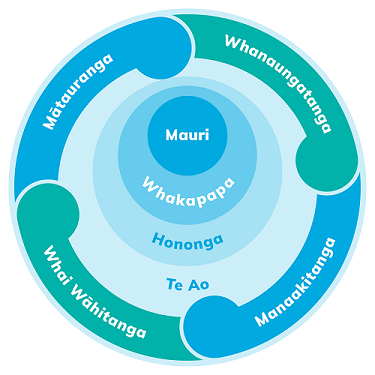The Summary of Process can be found here.
Mana Taiohi
Ngā Tikanga Whanaketanga – Youth Development Principles Aotearoa
Vision Te Puāwaitanga Taiohi o Aotearoa – That young people thrive in Aotearoa
These principles enhance the mana of young people.
Mana is the authority we inherit at birth and we accrue over our lifetime. It determines the right of a young person to have agency in their lives and the decisions that affect them. Enhancing the mana of young people means recognising what is right with them, as well as the reality of their world. Young people are supported to have a voice, work to their strengths and step into leadership.
This strength-based approach is core to a young person’s wellbeing, and is fully realised when each of the principles are embraced. As such, ‘mana’ is an overarching principle and the following eight principles are in two sequential sections recognising:
- Firstly, the mana young people have, and
- Secondly, how a youth development approach enhances what exists.
There are 2 diagrams that show how these principles work:
Click each image to open a full version of the document in another tab
Please note these diagrams are designed to support understanding of the principles. We are still developing visual and other supportive resources for the principles.
For comparison please find a diagram of the existing principles below:
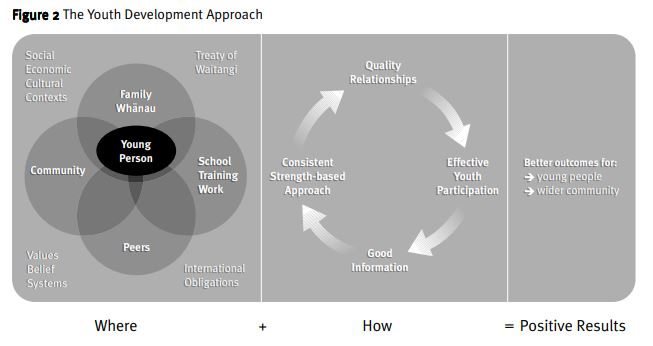
Descriptions of the principles
The mana young people have
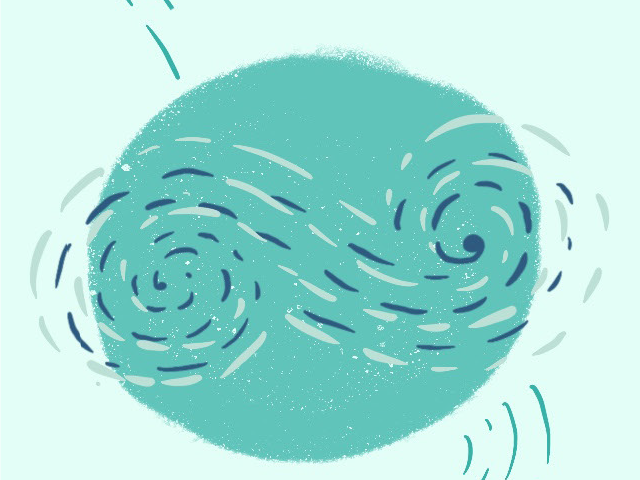
MAURI (TAIOHI)
We fuel the mauri, the inherent life spark of young people, supporting the development of their identity
Mauri is the life spark inherent in all young people. It includes their values beliefs, skills, and talents. Fuelling that life spark means young people are seen, recognised and valued for who they are. Young people are supported to follow their interests and passions, and to actively construct their own identity. Linked to their whakapapa, when their mauri is secure/solid, young people stand in their own truth.
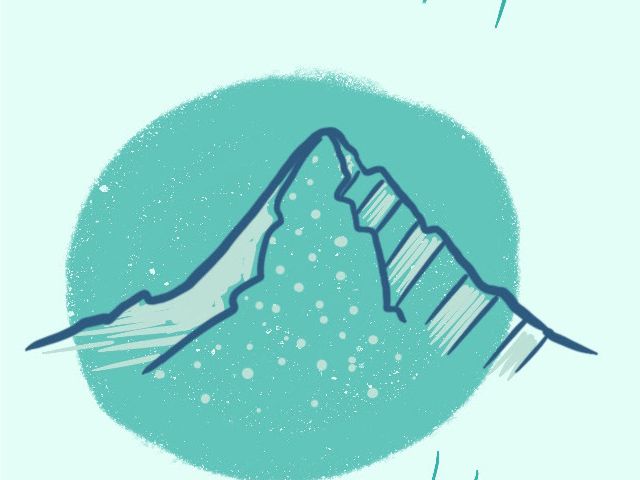
WHAKAPAPA
(TAIOHI)
With young people we acknowledge whakapapa
Whakapapa is the genealogies and stories of descendants and their connection to whenua (land). It acknowledges our shared histories and the impact of colonisation in Aotearoa. Acknowledging the whakapapa of young people means exploring how these histories influence their lives right now. Young people are supported to embrace the journey to find their turangawaewae, their place to stand.
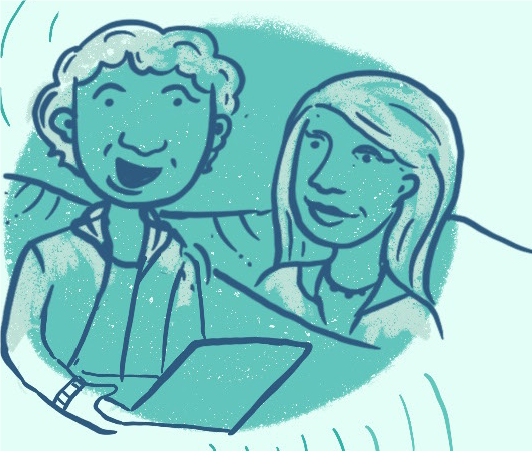
HONONGA
(TAIOHI)
With young people we understand hononga, identify and strengthen connections
Hononga is about joining and connection. Linked to whakapapa, it is about connection to people, land/whenua, resources, spirituality, the digital world and the environment. When we understand hononga we recognise all the connected relationships in a young person’s world (whānau, peers, school, the community), and the places and spaces that support these. Young people are supported to identify and strengthen these connections.
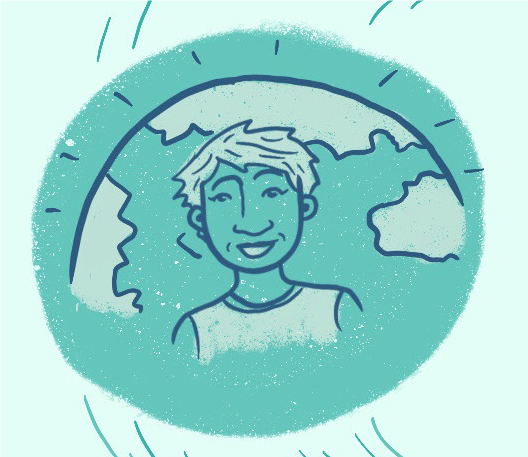
TE AO
(TAIOHI)
With young people we explore Te Ao
Te Ao Taiohi is the world of the young person. It is impacted by big picture influences such as social and economic contexts and dominant cultural values. It includes Te Tiriti o Waitangi, the effects of colonisation in Aotearoa, local, national and international legislation and policy that impacts young people. Awareness of Te Ao Rangatahi ensures actions are not judged purely on the surface, but with an understanding of systemic influences that affect young people. Young people are supported to engage with the dynamics in their world.
How Youth Development can enhance Mana
WHANAUNGATANGA
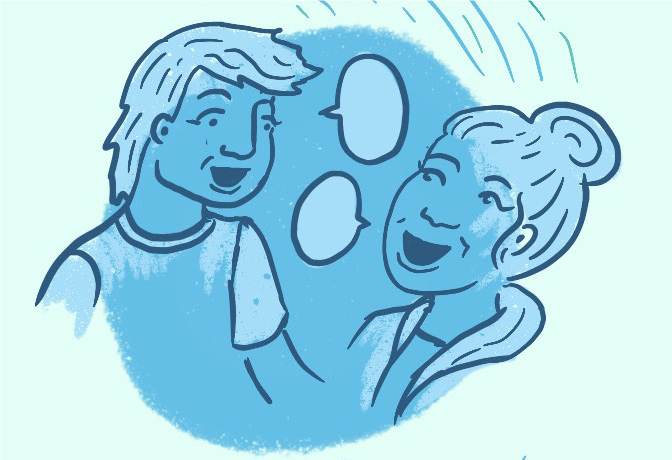
With young people we prioritise whanaungatanga, taking time to build and sustain quality relationships.
Whanaungatanga is about relationship, kinship and a sense of family connection. It relates to all relationships in a young person’s life, including those in the digital space. When we prioritise whanaungatanga we invest in high trust relationships that are reciprocal, genuine and authentic. Young people are supported, with a strong foundation of belonging.
MANAAKITANGA
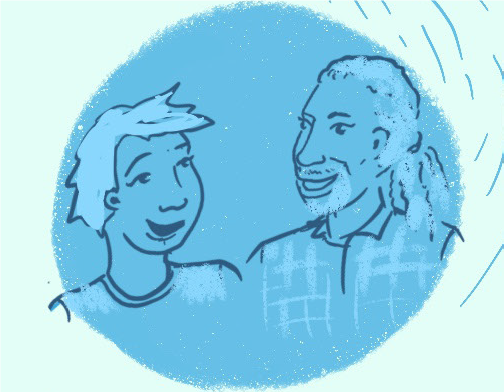
With young people we uphold and extend manaakitanga, nourishing collective wellbeing
Manaakitanga is expressing kindness and respect for others, emphasising responsibility and reciprocity. It creates accountability for those who care for young people, relationally or systemically. When we uphold and extend manaakitanga from a distance, safeguarding collective wellbeing includes adequate resources and training for people who work with young people. Young people who experience strong manaaki have a safe and empowering space, and feel accepted, included and valued.
WHAI WĀHITANGA

Acknowledging mana, we empower whai wāhitanga, participation, agency and responsibility.
Mana is the authority we inherit at birth and we accrue over our lifetime. It determines the right of a young person to have agency in their lives and the decisions that affect them. It acknowledges agency, empowered citizenship and authentic learning. From this flows whai wāhitanga, participation. We empower participation when we allow all young people to navigate and participate in the world, rather than privileging the voices of a few. Young people are supported to choose their level of engagement in decisions that affect them.
MĀTAURANGA
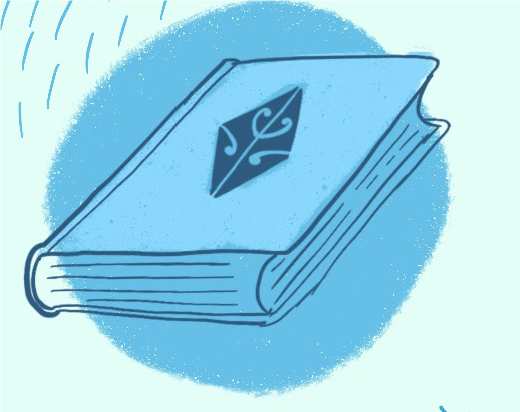
With young people we are empowered by rich and diverse mātauranga, informed by good information
Mātauranga refers to knowledge, wisdom, understanding and skill. Good information is useful, timely, meaningful, honours indigenous thinking, evidence based and translated for the recipient to reflect on. Being empowered by rich and diverse mātauranga informs both young people and people who work with young people towards personal growth. Young people are supported to holistically make positive choices for them, and their whānau.

